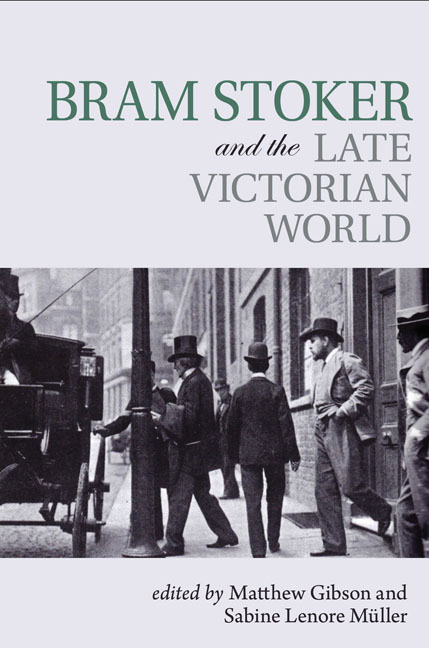6 - Tracking the Unruly Cadaver: Dracula and Victorian Coroners’ Reports
Summary
Introduction
Coroners have worked to assess sudden or mysterious deaths and to ensure that justice is served since about the eleventh century. In the late Victorian period coroners still serve this purpose. They are ubiquitous in late Victorian lived experience and, though much has been said about the dead, the law, medicine, and professions in Dracula, scholars have yet to connect coroners as demystifiers of the strange dead to Stoker's novel. Given Stoker's connection to both the law and medicine, this is a rich area for exploration. But if the coroner has been around for so long, and if his duties are generally speaking the same whether we study him in 1500 in England or in 1800 in America, in what ways can we locate what is uniquely late Victorian about him, and how can that be connected to the ways in which Stoker built a late Victorian worldview into his novel? The answer demands that we discuss, via coroners’ case files, Victorian professional expertise, forms of documentation and technology, and public health institutions, including how those elements of the period combine to make inquests an advanced and complicated bureaucratized procedure rather than a participatory feature of community life. Above all, the advanced codification of the police state, the law, medical expertise, and the state management of vital records make the process of certification at once essential to record-keeping and ever more complicated to manage.
Dracula in fact walks us through many tensions locatable in the coroner's case files: struggles to document authority, to discipline the disordered cadaver, to collate narrative, to fill up space with information, and to hold modern medical and judicial systems up as the apotheosis of demystification and truth-making. As a text obsessed with collation, transcription, and cutting-edge forms of documentation—all of which fail to impart any sense of comforting certainty or to control the social and promiscuous corpse—Dracula is the coroner's best Fin-de-Siècle literary analogue.
Broadly speaking, literature does not neglect the coroner's profession; although a coroner is not central to Stoker's novel, the Crew of Light knows enough to avoid an inquest into Lucy’s, Renfield’s, and Mrs. Westenra’s deaths. Coroners pop up often enough in mid and late nineteenth-century literary texts as a kind of social given, background function, or plot mechanism.
- Type
- Chapter
- Information
- Bram Stoker and the Late Victorian World , pp. 121 - 146Publisher: Liverpool University PressPrint publication year: 2019



